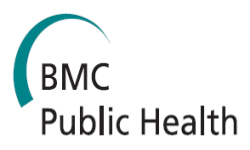Michel Roland, Louisa Ben Abdelhafidh, Victoria Déom, Frank Vanbiervliet, Yves Coppieters, Judith RacapéIhttps://journals.plos.org/plosone/article?id=10.1371/journal.pone.0252886, June 15, 2021 | https://doi.org/10.1371/journal.pone.0252886 Abstract Background Subgroups of precarious populations such as homeless people are more exposed to infection and at higher risk of developing severe
SARS-CoV-2 screening among people living in homeless shelters in Brussels, Belgium





